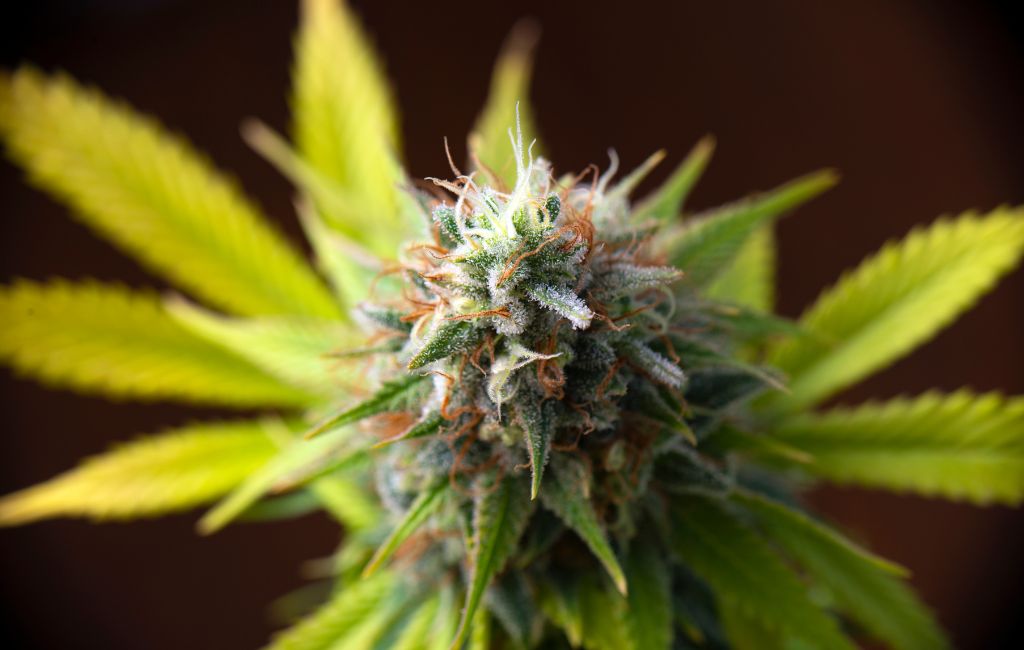Marijuana laws has been a topic of intense debate and transformation over the past few decades. As societies evolve, so do their perspectives on cannabis, leading to a patchwork of laws that vary significantly across the globe. This article explores the current state of marijuana legislation, highlighting key trends, examples, and statistics that illustrate the complexities of this issue.
Historical Context
Marijuana has been used for medicinal and recreational purposes for thousands of years. However, the 20th century saw a shift towards criminalization, largely influenced by political and social factors. In the United States, the Marihuana Tax Act of 1937 marked the beginning of federal restrictions, which were further solidified by the Controlled Substances Act of 1970, classifying marijuana as a Schedule I drug.
Global Legalization Trends
North America
In recent years, North America has been at the forefront of marijuana legalization. Canada became the first G7 nation to legalize recreational cannabis in 2018, setting a precedent for other countries. In the United States, the legal status of marijuana varies by state, with over 30 states allowing medical use and several states, including California and Colorado, permitting recreational use.
Europe
Europe presents a diverse picture, with countries like the Netherlands adopting a tolerant approach, allowing the sale of cannabis in licensed coffee shops. Meanwhile, countries such as Portugal have decriminalized all drugs, focusing on treatment rather than punishment. Germany is currently exploring the possibility of legalizing recreational cannabis, which could influence other European nations.
South America
Uruguay made history in 2013 by becoming the first country to legalize marijuana fully. This move has inspired other South American countries to reconsider their drug policies. Argentina and Colombia have legalized medical cannabis, while Chile allows personal cultivation for medical purposes.
Case Studies
Colorado, USA
Colorado was one of the first states in the US to legalize recreational marijuana in 2012. The state has since seen significant economic benefits, with cannabis sales generating over $2 billion in revenue by 2020. This has funded public services, including education and healthcare, demonstrating the potential economic impact of legalization.
Canada
Canada’s approach to legalization has been comprehensive, with strict regulations governing production, distribution, and consumption. The Canadian government has emphasized public health and safety, implementing measures to prevent youth access and impaired driving. The country’s experience offers valuable insights into the challenges and opportunities of nationwide legalization.
Economic Impacts
The legalization of marijuana has significant economic implications. Legal markets create jobs, generate tax revenue, and reduce law enforcement costs. In the US, the cannabis industry is projected to be worth $30 billion by 2025, highlighting its potential as a major economic driver.
- Job creation in cultivation, distribution, and retail sectors
- Increased tax revenue for state and local governments
- Reduced costs associated with policing and incarceration
Social and Health Considerations
While legalization offers economic benefits, it also raises social and health concerns. Critics argue that increased access could lead to higher rates of addiction and impaired driving. Public health campaigns and research are essential to address these issues and ensure responsible consumption.
- Potential for increased addiction rates
- Concerns about impaired driving and public safety
- Need for public health education and research
Future Outlook
The future of marijuana laws remains uncertain, with ongoing debates about the balance between regulation and personal freedom. As more countries and states consider legalization, the global conversation will continue to evolve, influenced by cultural, economic, and political factors.
Conclusion
The legal status of marijuana is a complex and evolving issue, shaped by historical, cultural, and economic factors. As more regions explore legalization, the potential benefits and challenges become increasingly apparent. By examining case studies and trends, we gain a deeper understanding of the multifaceted nature of marijuana laws and their impact on society.
